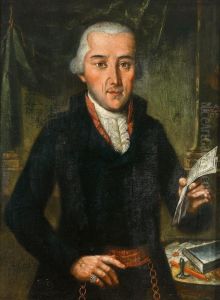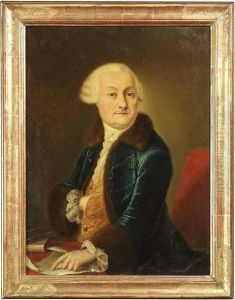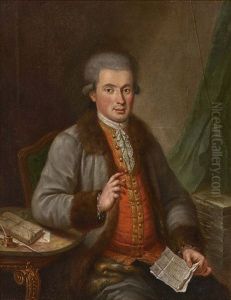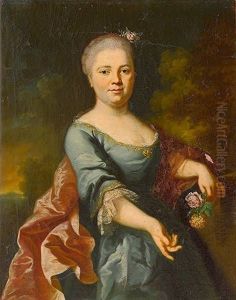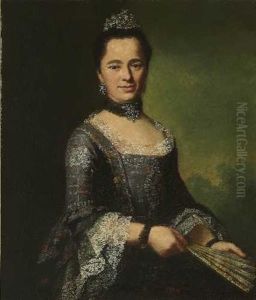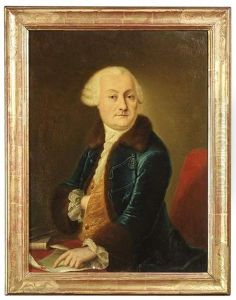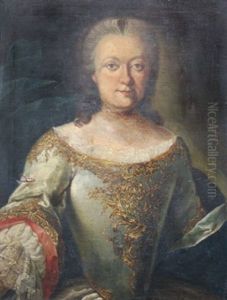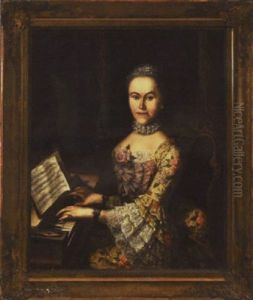Franz Joseph Degle Paintings
Franz Joseph Degle was a notable Austrian artist, whose contributions to the visual arts spanned the early to mid-20th century. Born in 1892 in Austria, Degle's early life was set against the backdrop of the Austro-Hungarian Empire, a context that influenced much of his initial artistic outlook and inspiration. His work was profoundly affected by the socio-political changes of his time, including World War I, the interwar period, and the subsequent rise of modernism in art.
Degle's artistic journey began with traditional training, but he quickly evolved to embrace more avant-garde styles, reflecting the broader shifts within European art movements. His oeuvre includes a range of mediums, from painting and drawing to sculpture and printmaking, showcasing his versatility as an artist. Although not as widely recognized as some of his contemporaries, Degle made significant contributions to the art scenes in Vienna and beyond, participating in various exhibitions and gaining a modest following.
Throughout the 1920s and 1930s, Degle's work continued to evolve, mirroring the tumultuous changes in his environment. His art from this period often reflects a sense of disillusionment with the post-war society, a common theme among artists of his generation. However, Degle also explored themes of hope and reconstruction, capturing the complex emotions of his era.
The outbreak of World War II and the ensuing political climate posed new challenges for Degle, as it did for many artists in Europe. His work during this time became more introspective, focusing on themes of survival, identity, and the human condition under duress. Despite these challenges, he continued to produce work and exhibit, though the opportunities for artists were increasingly constrained by the political situation.
Franz Joseph Degle's death in 1951 marked the end of a career that, while perhaps not as celebrated as some of his peers, contributed a unique voice to the Austrian art scene. His legacy is a testament to the resilience and adaptability of artists facing the rapidly changing world of the 20th century. Degle's work remains a subject of interest for art historians and collectors, offering insights into the complex interplay between art, history, and society during a critical period of European history.
